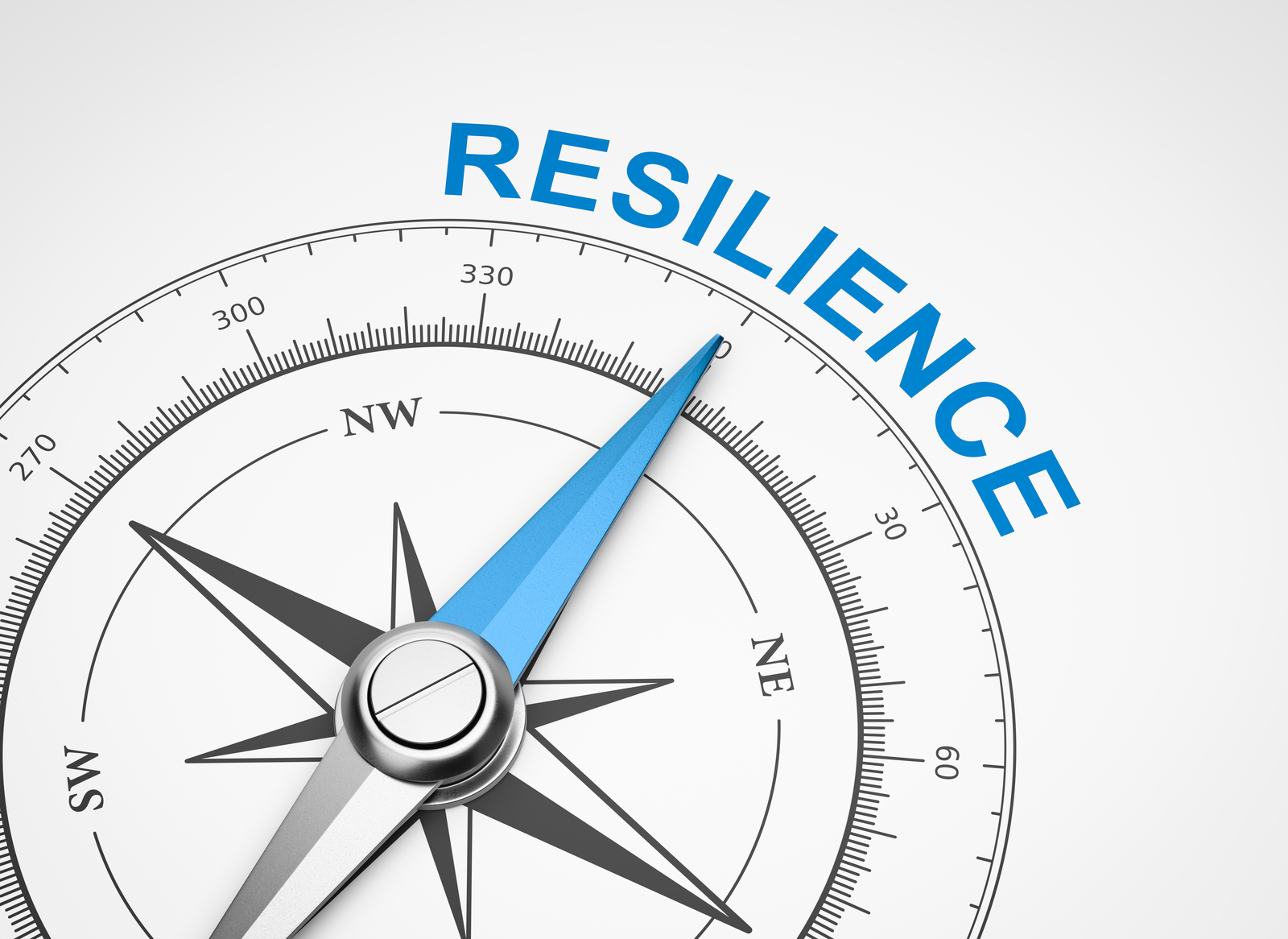Resilience is the ability to bounce back from setbacks or disappointment and rise to the challenges that life inevitably brings.
It’s an important skill for children to develop as they mature, and one which benefits them throughout their life.
Being resilient will allow them to succeed, no matter what obstacles or difficulties they face, and as a parent you can help your child cultivate this skill. To learn more about what you can do, here’s some advice from a leading independent school in Bath.
Model resilience
Demonstrating resilience in your own life is a great way to teach it to your child. Let them see you approaching any challenges you face with an optimistic and productive attitude, and learning from any mistakes you make rather than letting them derail you.
Get your child involved in helping you brainstorm ways to move on positively from disappointment or solve a problem that’s bothering you.
Through this they’ll see that nothing is insurmountable and, more importantly, that we can cope with difficulties (and even learn to embrace them).
Let them fail
If children aren’t allowed to make mistakes, they’ll not only live in fear but also never learn how to fix their errors or make better decisions in the future.
Failure is a learning opportunity, hard as it may be, so make sure your child understands this.
If they’re prone to catastrophising when they get something wrong and thinking that everything is ruined, help them keep a sense of perspective by reminding them of the bigger picture and helping them identify the lessons for next time.
Teach problem-solving skills
It’s tempting to try and rescue our children when we see them struggling with something, but if we do this too often or too quickly, they won’t develop the problem-solving skills they need to succeed in life.
Give them the time and space to figure things out on their own. When they do find a solution or overcome a difficulty, it will boost their confidence in their abilities.
Help them manage emotions
Part of being resilient is having the ability to identify and manage various emotions. It can be hard for children when they experience anger, sadness, frustration or anxiety, but as parents we can help them understand and work through their feelings.
You can do this by teaching your child how to first label their emotions and then deploy healthy coping strategies to deal with them, whether it’s through writing in a journal, exercising outside or talking to friends.
Being able to do this will help them manage whatever happens in their life, another important thing to do is to look for the positives of every situation, check out How to encourage kids to look for the silver lining

